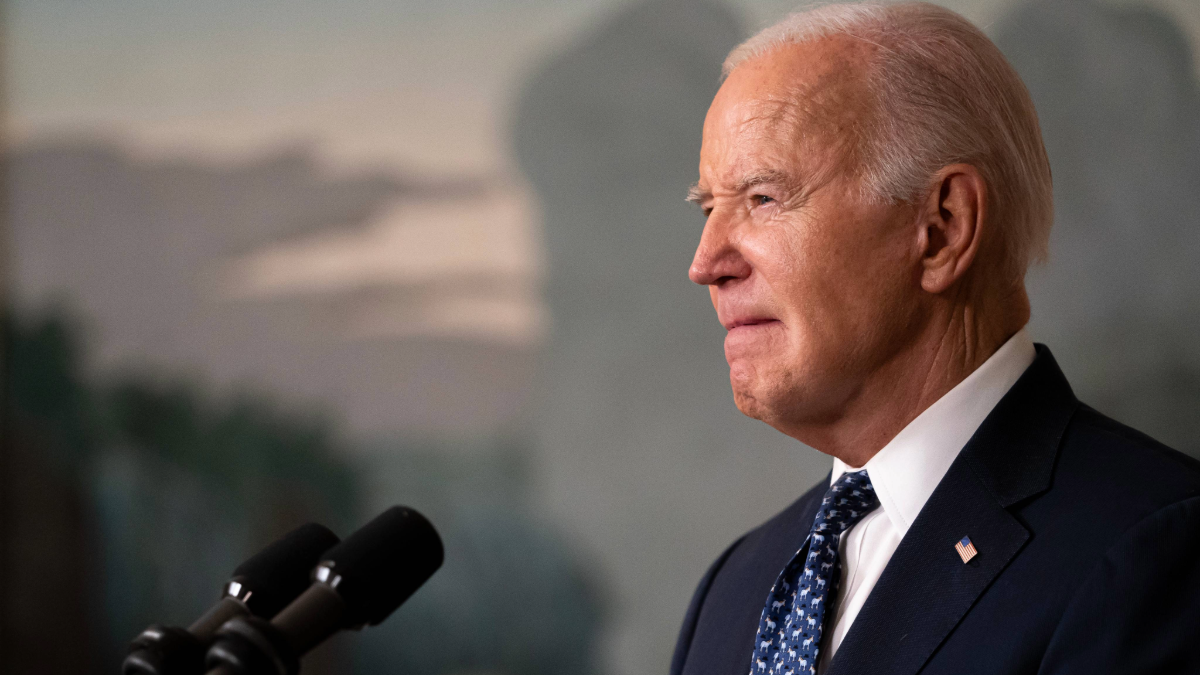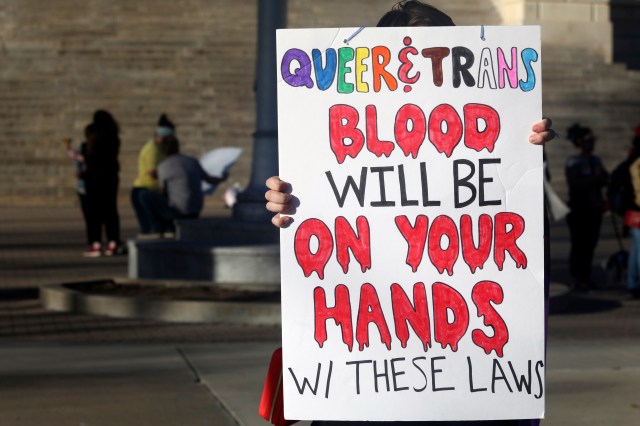
The State Department on Wednesday criticized the passage of a bill in Ghana that would further criminalize LGBTQ people and make advocacy on their behalf illegal.
State Department spokesperson Matthew Miller in a statement said the U.S. “is deeply troubled by the Ghanaian Parliament’s passage of legislation, officially called the Human Sexual Rights and Family Values Bill, which would threaten all Ghanaians’ constitutionally protected freedoms of speech, press and assembly.”
“The bill seeks to criminalize any person who simply identifies as LGBTQI+, as well as any friend, family, or member of the community who does not report them,” said Miller. “Limiting the rights of one group in a society undermines the rights of all. The United States echoes the call by those Ghanaians who have urged a review of the constitutionality of the bill to protect the rights of all individuals in Ghana.”
Miller noted the bill “would also undermine Ghana’s valuable public health, media and civic spaces and economy” and stressed “international business coalitions have already stated that such discrimination in Ghana would harm business and economic growth in the country.”
“Ghana’s tradition of tolerance, peace and respect for human rights is a source of stability and prosperity that has long served as a model for countries around the globe,” he added. “This legislation is inconsistent with these values and will, if it becomes law, undermine this laudable tradition.”
Ghanaian MPs approved the bill on Wednesday, and it awaits President Nana Akufo-Addo’s signature.
“I am saddened because of some of the smartest, most creative, most decent people I know are LGBT,” said U.S. Ambassador to Ghana Virginia Palmer in a post on the embassy’s X account. “The bill Parliament passed takes away not only their basic human rights but those of all Ghanaians because it undermines their constitutional rights to freedom of speech, freedom of assembly and freedom of the press.”
“It will be bad for public order and public health,” she added. “If enacted, it will also hurt Ghana’s international reputation and Ghana’s economy.”
“I am saddened because some of the smartest, most creative, most decent people I know are LGBT. The bill Parliament passed takes away not only their basic human rights but those of all Ghanaians because it undermines their constitutional rights to freedom of speech, freedom of… https://t.co/DgCJ7qkpPl
— U.S. Embassy Ghana (@USEmbassyGhana) February 29, 2024



